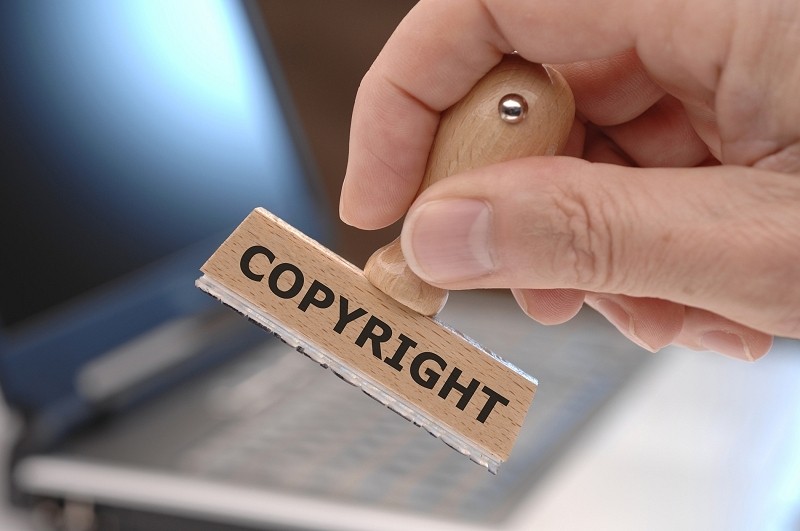In their continued fight against copyright infringement, the Motion Picture Association of America (MPAA) and the Recording Industry Association of America (RIAA) are now turning their attention to the Internet Corporation for Assigned Names and Numbers (ICANN).
Last month, MPAA sent a letter to ICANN in which they urged the organization to take strong action against the use of domain names for illegal and abusive activities which includes those related to copyright infringement.
A week ago, ICANN fielded a similar letter from RIAA in which the organization said it was disappointed with ICANN's treatment of copyright abuse complaints and urged them to make domain name registries and registrars investigate copyright abuse complaints and take swift action.
The Washington Post recently questioned just how much ICANN could do to police the Internet with regard to movie and music piracy. Here's what they found.
Back in 2013 when ICANN opened up top-level domains, it included a provision in its contract with the registries of the new top-level domains called Public Interest Commitments. Part of that agreement mandated that they'd only do business with domain name registrars that prohibited its customers from distributing piracy, trademark and copyright infringement in addition to a hose of other nefarious activities.
With that, ICANN suddenly finds itself in a sticky situation. If they are strong-armed into policing such sites, how do they go about doing it? Who comes up with a list of domains that should lose their place in the DNS? Should there be a review process? Will the accused get a chance to mount a defense?
Do you think ICANN should have the power to make such decisions? If so, does it set a dangerous precedent moving forward?
